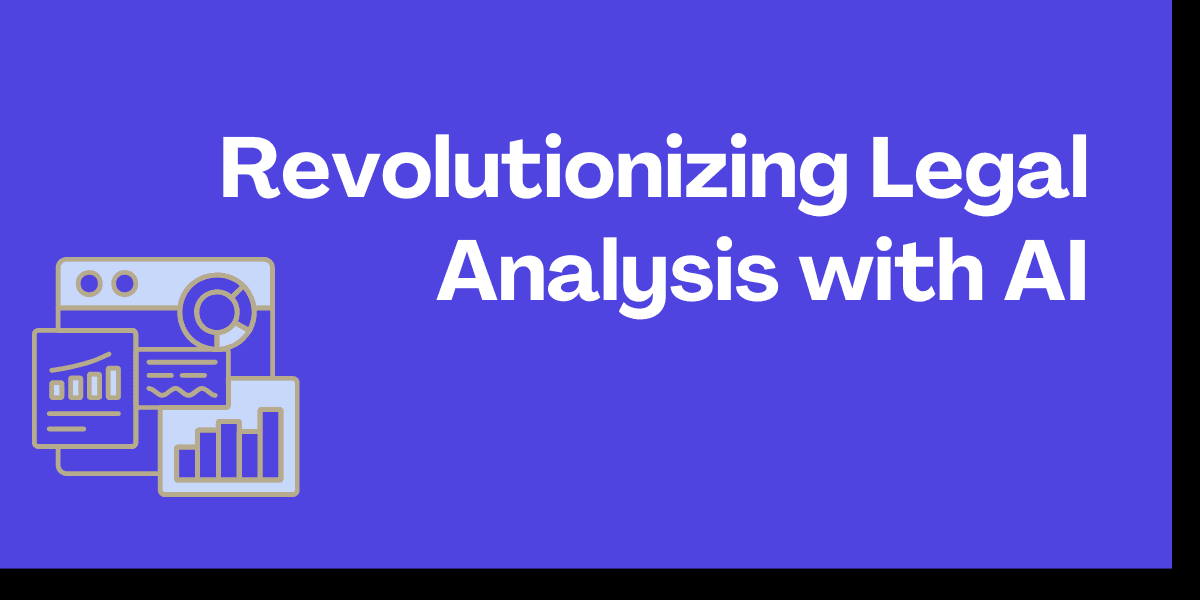Abstract
Legal professionals today are moving past the skepticism surrounding AI's legal implications. They are evaluating applications of AI legal research and analysis.
These advancements have given rise to a debate about AI lawyers vs. human lawyers and whether AI can replace human intervention in law for good.
A survey by LexisNexis states that lawyers see massive potential with generative AI tools to assist with researching (65%), drafting documents (56%), and document analysis (44%).
In a competitive market, leveraging cutting-edge technology like AI in legal processes is vital for enhanced productivity, efficiency, and cost reduction. AI transforms legal research and processes, assisting in due diligence, compliance checks, and analyzing historical data for insights. It shapes strategies, manages client expectations, and enhances accuracy and speed in law practice.
However, incorporating AI in legal research poses challenges, notably safeguarding client data and ensuring confidentiality for law organizations.
But there’s a catch-22 situation: the effectiveness of AI legal research relies on coherent data input. Thus, ensuring robust data security becomes paramount for law firms embracing AI tools in research and analysis.
In this blog, we explore the limitations of traditional research methods, use cases, and the benefits and challenges of employing AI for legal research and analysis.
Introduction
Today’s youth are very familiar with the term AI. In this generation, where everything is tech-driven, AI has also played an important role in the legal field. AI has become an integral part of almost every industry, and the legal field is no exception.
AI refers to systems performing tasks that require intelligence. These include applications such as maps and navigation, facial detection, chatbots, e-payments, and social media.
Challenges While Doing Legal Analysis with AI
1. Traditional Methods of Legal Research and Analysis
Conventional legal research methods relied on:
- Law libraries and legal encyclopedias.
- Manually tracking case histories and cross-referencing documents.
- Heavy dependence on indexes, catalogs, and professional expertise.
This process consumed significant time, was prone to outdated information, and heavily depended on the researcher’s abilities.
2. Limitations of Manual Research
Manual research presents numerous hurdles:
- Time-Consuming: Browsing vast materials is slow and inefficient.
- Information Overload: Excessive data hinders productivity.
- Subjectivity and Bias: Risks of human error and inefficiency in updating records.
- Collaboration Issues: Challenges in sharing research results effectively.
These challenges highlight the necessity of advanced approaches like AI for legal research.
Benefits of AI for Legal Analysis
1. Increased Efficiency
AI automates labor-intensive processes, enabling faster and more systematic legal research.
2. Informed Decision-Making and Improved Insights
AI identifies patterns in data, providing valuable insights for case strategies, forecasting, and decision-making.
3. Enhanced Legal Analysis
AI minimizes human error while delivering sharper insights in document review, analysis, and research.
Conclusion
AI offers significant benefits in the legal decision-making process, including faster rulings, deeper analysis, and greater access to justice. However, the integration of AI in the judicial system also raises ethical concerns.
To responsibly leverage AI, legal professionals must address challenges such as:
- Explainability: Ensuring AI-generated decisions are interpretable and transparent.
- Bias Mitigation: Regular audits and diverse training data to promote fairness.
- Data Privacy and Security: Protecting sensitive information with robust measures.
- Human Oversight: Using AI as a supportive tool, not a replacement for professional judgment.
Adopting ethical guidelines and frameworks will ensure that AI transforms the legal industry responsibly and effectively.
For a deeper dive into AI's transformative role in legal analysis, visit LawSimpl.ai.
